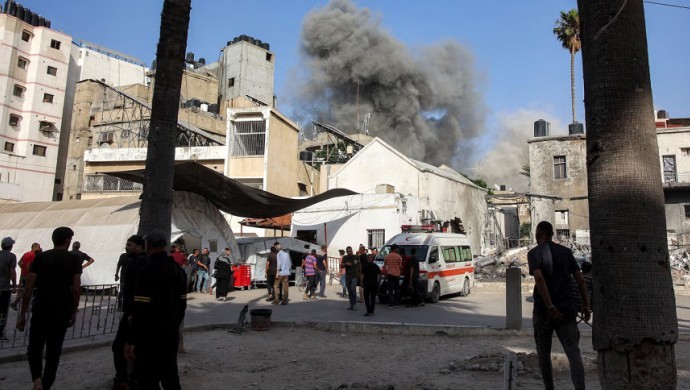Price risks… Market participants are watching how prices react to the possibility of future sanctions on supplies from Russia and how additional supply chain disruptions could affect metals. In this context, oil continues its upward movement. In addition to the risks that the embargo and the cancellation of Nord Stream 2 could further disrupt the oil flow, there are factors such as Iranian oil or shale gas that could soften prices in the short term, but overall price risk still appears to be up at the moment due to additional transportation costs to be incurred.
Electric vehicle technology… If sanctions are imposed on Russia's metal production, prices could rise further and increase the costs of electric vehicles and other goods. Electric vehicle charging costs are currently on the rise, with battery prices rising and uncertainty over the level of central subsidies from 2023. Considering the problems and delays in the supply of raw materials, which will be exacerbated by the Ukraine-Russia crisis, reaching the preliminary target of reducing greenhouse gas emissions from the transport sector by 2030 risks slowing down.

Electric vehicle sales and demand by country and year, according to the BloombergNEF Electric Vehicle Outlook (EVO) Dataset. Source: Bloomberg
Base metal costs… The geopolitical crisis currently on the market is difficult to quantify. We have been watching prices rise sharply recently as the Russian invasion of Ukraine puts pressure on the availability of palladium, aluminum, nickel and other important commodities. The Russians are still able to export for the time being, they will now sell more goods to the Chinese market. China can take some strategic materials from Russia and keep it in the global trade network. The electric vehicle battery is one of them. In base prices, we will observe the effects of supply chain disruptions.

Palladium, platinum, oil and gold prices comparison… Source: Bloomberg
Conclusion? The question of how the flows will decrease at the geopolitical point will be the main determinant in the base costs of the commodity group in the coming period. As global supply concerns begin to be felt, price movements in materials mainly used in the automotive sector will also affect sectoral costs. The epidemic-induced break in supply chains has reached a new dimension with the Russia-Ukraine crisis, which delays normalization expectations. Attempts to isolate Russia from the global economy will have a magnifying effect on the goods and input deficit in the market. There is a sharp rise in uncertainty. Russia's difficulties in staying in the trade network and the West's difficulties in finding new suppliers may be to the advantage of actors such as China in terms of shifting trade routes. The need for transformation in technology reveals the need for such a market strengthening.
Kaynak Tera Yatırım-Enver Erkan
Hibya Haber Ajansı







